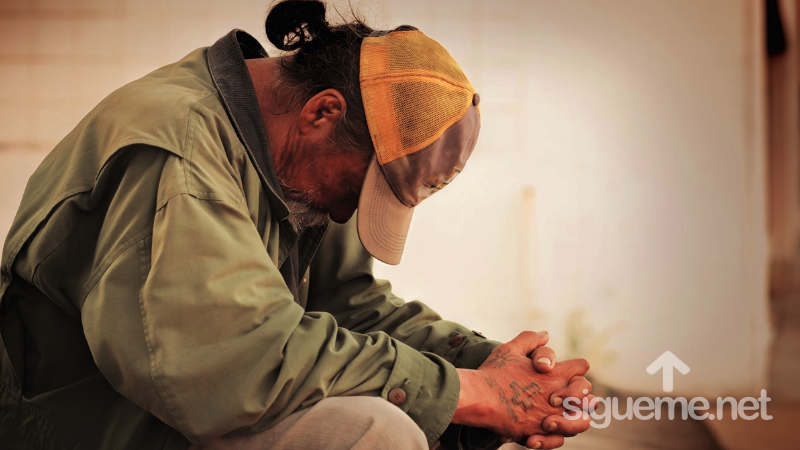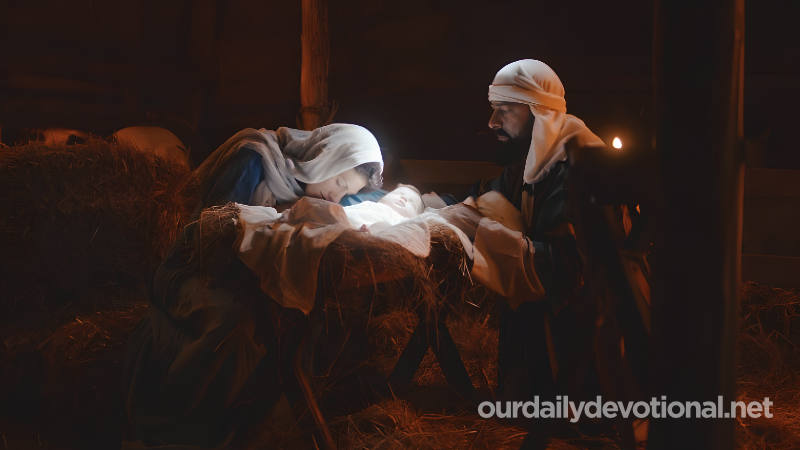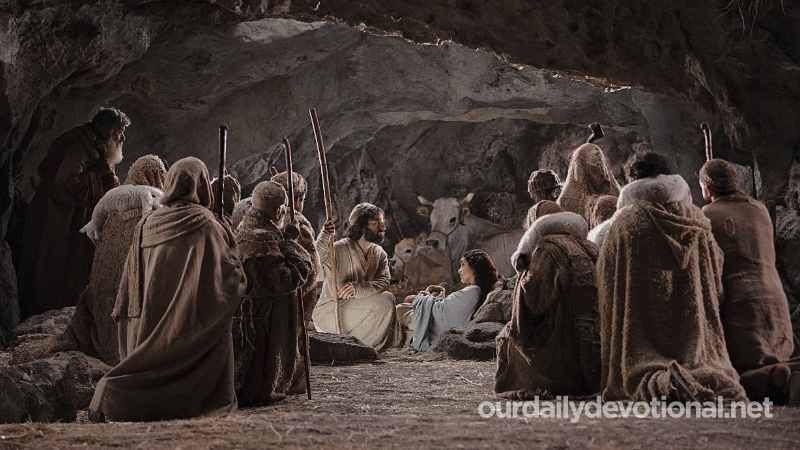(a) Garment of the high priest. Detailed instructions were given for its making. It had to be made of gold, blue, purple, crimson and finely wrought linen. The gold was beaten to form thin sheets, and then cut into threads, which were woven into the fabric.
The belt had to be made of the same embroidered materials. Two onyx stones were placed on the shoulder pads, with the names of the twelve tribes engraved on them, six in each one; Thus, whenever Aaron wore the ephod, he was representing the twelve tribes.
There was also the mantle of the ephod, which was all blue, and on its border were pomegranates of blue, purple, and crimson, with golden bells between them. There is no doubt that the cloak was much longer than the ephod, which is supposed to have not reached the knees, and was worn over the cloak.
The breastplate was placed over the ephod.
A tunic of fine linen was also worn, placed under the mantle.
All of the above, with the miter, were Aaron's clothing "for honor and beauty" (Ex. 28:40).
In the various materials of the ephod, divine justice, the celestial character, royalty, dignity, and the graces of the Spirit are typified: the virtues that characterized the Lord Jesus.
Inseparably joined to the ephod was the breastplate, in which was the Urim and Thummim; Thus by wearing the ephod, the judgment of the children of Israel was brought before the Lord, according to his lights and perfections (this is the meaning of the terms Urim and Thummim).
Although not worn on ordinary occasions, it was necessary when seeking instructions from God (cf. 1 Sam. 21:9). Thus, the receipt of answers from God is related to the Urim and Thummim, which were in the breastplate (Ex. 28:28: cp. Num. 27:21; 1 Sam. 28:6; Ezra 2:63; Neh. . 7:65).
The term "ephod" is a transliteration of the same Hebrew word, and comes from "to bind around or bind," so its meaning does not seem to go beyond "a priestly vestment" (Ex. 29:5; 35:9, 27; 39:2-22; Lev. 8:7; 1 Sam. 2:28).
(b) In addition to the above, which may be called "the" ephod, there were others worn by the priests, but which are not described (1 Sam. 14:3; 22:18; 23:6, 9; 30 :7; Hos. 3:4). On the occasion of the ark's ascension to Jerusalem, David put on a linen ephod (1 Sam. 2:18).
In all the previous passages the ephod has the character of a priestly garment, although David did not belong to the tribe of Aaron. In this he constituted a type of royal priest of the order of Melchizedek.
(c) A strange deviation from the above was the ephod that Gideon made of gold, purple, and ornaments taken from the Midianites, behind which Israel went astray, and which became a stumbling block to Gideon and all his house (Judge. 8:27).
Even worse was the case of Micaiah who, having made himself a sanctuary of gods, made an ephod, and consecrated one of his sons as a priest. A Levite who arrived at the house became involved in all this, and intended to inquire about God through the ephod.
When the idols were stolen by the Danites, the Levite gladly accompanied them, so that, with the idols and the ephod, he could become the priest of this tribe. In this way, a priestly garment that should have been associated with the worship of Jehovah became associated with idolatry (Judg. 17:5; 18:14-20).
(d) Father of Haniel, prince of the tribe of Manasseh (Num. 34:23).
Meaning of EPHOD
(a) Garment of the high priest. Detailed instructions were given for its making.







